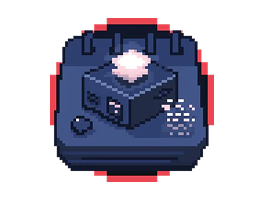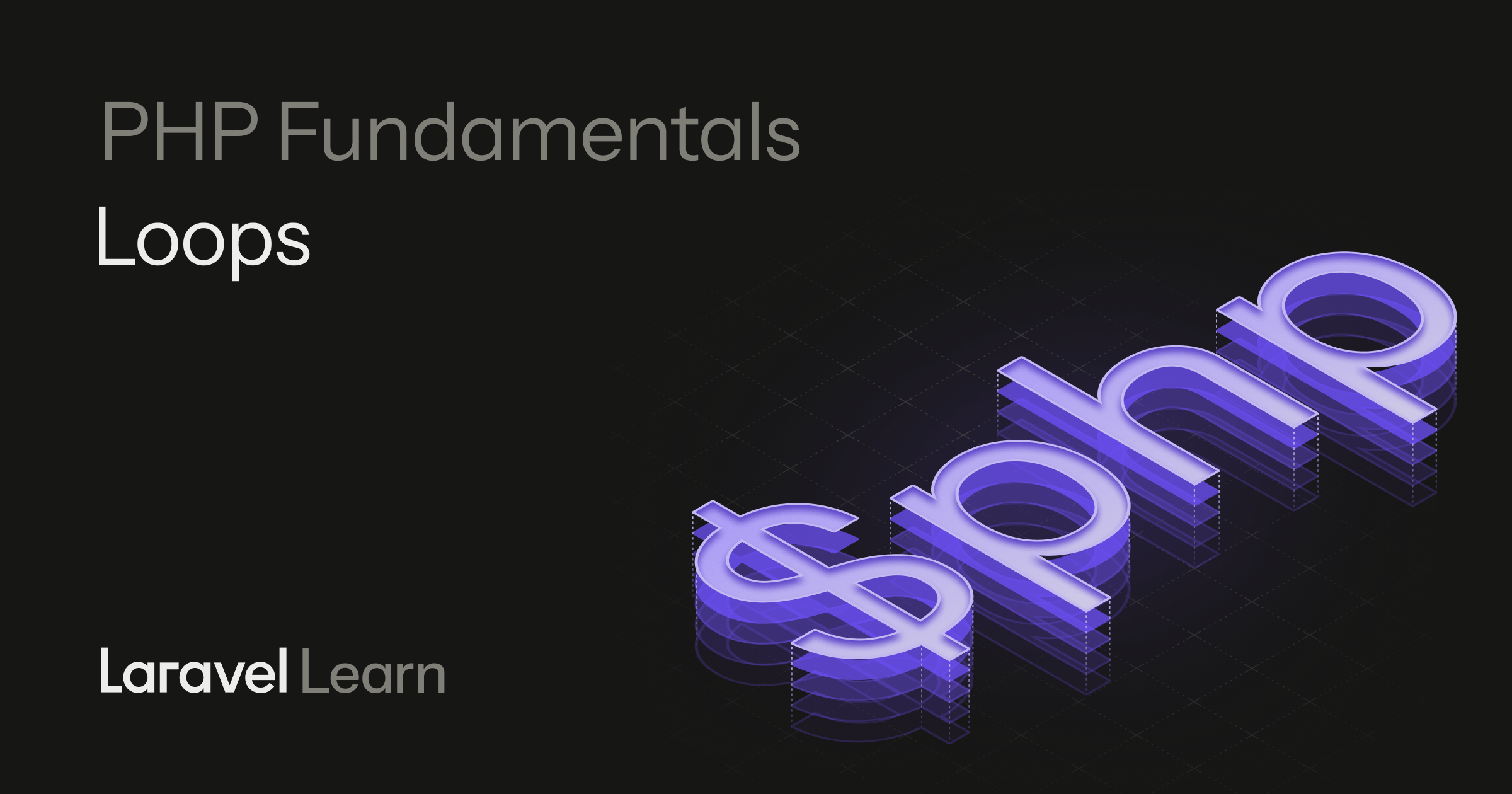00:00
Functions are essential building blocks in PHP to help us organize our code, make
00:05
it reusable and prevent repetition. So let's explore how they work and what
00:09
makes them special in PHP. We're going to create a new function with the function
00:13
keyword. Then we have the name. Let's just go for create here. Then we have the
00:18
parameter list but let's keep this empty for now. And then we have curly braces,
00:22
opening and closing and inside here we have now our function body. And inside
00:29
here we define what should happen here. So let's start very simple with an echo
00:32
hello. Here we go. And then in order to call this here we can just go with
00:38
create empty parameter list and semicolon. And this should do the trick.
00:42
Yes we can see hello. So you just wrote your first function in PHP. But of course
00:48
this would be maybe a little bit too simple. So what do we want to do? Let's
00:51
add a parameter. So let's go backwards. So how do we want to make this work in the
00:57
end for the user? So you want to create a specific person. So maybe it's just me.
01:02
I'm going to provide here my name. And then inside the function declaration
01:06
here I'm going to tell here we have a parameter which is let's call this name.
01:11
And then we're going to use this here. And we already learned that we can use
01:15
double quotes here instead of the single quote in order to make this variable
01:19
work inside the string. And if we run this now we should see hello Christoph.
01:24
And yes we do. Okay we're starting again by creating a new function. We're going
01:28
to call this add. And now we have two parameters. First we have our first
01:32
number. And then we have our second number. And then we are creating our
01:37
function body here. And here we're going to return something. So we're not going
01:41
to echo something out. We're just returning something. And we're going to
01:45
return number one plus number two. All right. Let's call this now. We're
01:53
providing now two numbers. Maybe one and five. And let's see what we get back.
01:58
Nothing because we also need to echo the result out. Or we can store it in the
02:02
variable. But in our case we're just echoing out. And yeah you can see this is
02:06
also working. And you can also see it doesn't matter if we're going to return
02:10
a string. Or in this case it will be an integer. We can return just anything we
02:14
like. An array or whatever. Or we don't have to return anything at all. This
02:19
would also work. Okay back to our creating example here. We had Christoph here.
02:24
In order to create myself. And it's still working. Yes it does. But what we can also do
02:29
is we can provide default values. So let's imagine I'm not providing here any
02:34
argument. You will see that this is now failing. And it's failing because there
02:39
are too few arguments passed to the create function. We can fix this by just
02:43
providing an argument and parameter here. But what we can also do is we can
02:47
provide a default mount by giving this inside this parameter list here a value.
02:52
And let's just say by default this should be just you. And you can see this
02:56
is back working saying just hello you. Since PHP 7 also the type system in PHP
03:03
has become way better. Now we can type a lot of things here in PHP. So for
03:08
example for our add method here we could say that the first argument and the
03:13
second argument should be an integer. We're just providing here the type in
03:17
front of the parameter. And we can also see that the return type should be an
03:21
integer as well by using this syntax here right after our parameter list. And
03:27
let's sort this out. It should still run. Let's provide two values here. We get
03:31
nothing back because we need to echo it out again. And it's still six. But of
03:35
course it would fail now if we would try to return a string which is not a number.
03:41
You can see this is now failing because here we've made sure that we want to
03:46
return an integer. And the same would happen or something similar if we would
03:49
provide to add something here to this method which is not an integer like we
03:54
have defined it here. And yeah this helps a lot being very strict about your types
03:58
in PHP. You can use them if they want to. You don't have to. But yeah I myself I'm
04:03
a big fan and also in Labo we use them a lot. All right one more thing before I
04:09
finish this video. So in the case of our greeting example we could also create now
04:14
a greetings variable. And let's bring in our function from before again. So we
04:19
want to store a function inside this variable. And we can do this with
04:22
anonymous one. So this means we don't need a name here. We're just providing
04:26
the function itself. And then we need to end the statement. If we just run this
04:31
code you will see nothing is happening which is a good sign. But if we now run
04:36
this function like we would do before but now with the variable. And we don't
04:41
provide any arguments here. You can see this is still working and it will also
04:46
work. Now trying to greet Taylor. Hello Taylor. Yeah so this is also working. At
04:52
the first glance this might look a little bit strange and you're not sure
04:55
how you would use this. But I tell you this is something very powerful and we
05:00
will use it a lot especially with Labo together. Because this makes writing
05:05
PHP and then Labo a lot of fun. And yeah that's it for now about functions. We
05:11
covered the basics here but of course there's much more for you to learn about
05:15
them. And we're going to talk about them a bit more in detail when we talk about
05:19
classes. Because this is mostly where you're going to use them.






